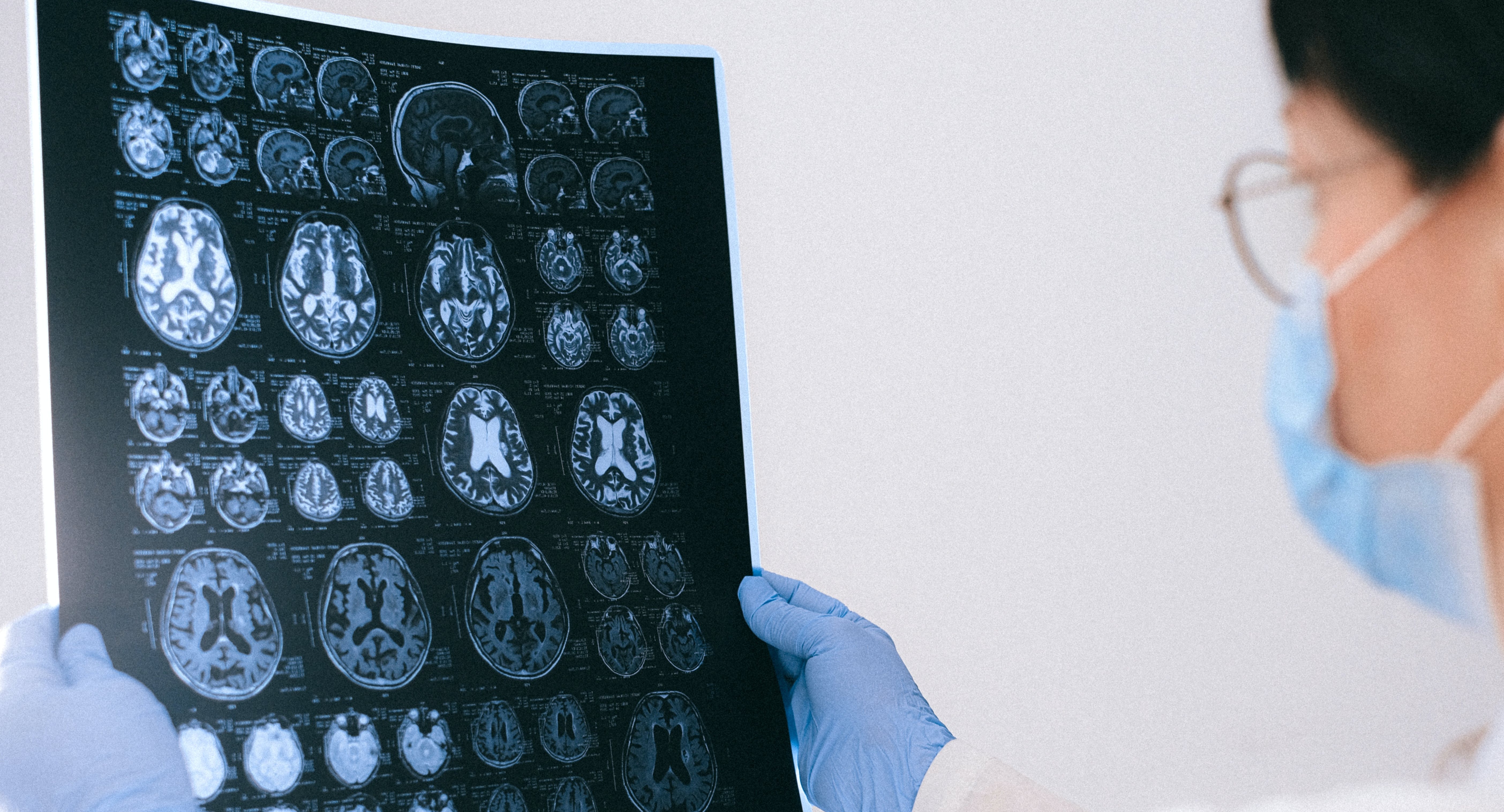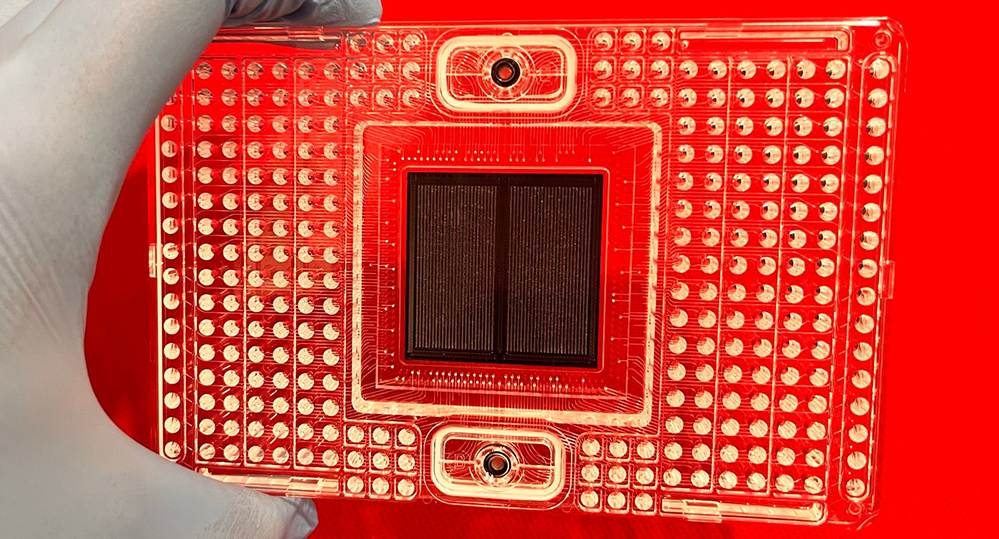A Novel Blood Biomarker Test to Detect Alzheimer’s Disease


KEY INFORMATION
Healthcare - Pharmaceuticals & Therapeutics
TECHNOLOGY OVERVIEW
Alzheimer’s disease (AD) is a neurodegenerative disease that mainly affects individuals above the age of 65. However, most patients are diagnosed only when significant symptoms appear, by which time severe brain pathology and neuronal cell death have already occurred, resulting in significant brain atrophy. Consequently, the optimal treatment window is often missed, leading to a fatal outcome.
The technology is a simple, non-invasive, and accurate diagnostic solution for Alzheimer’s disease (AD), which can distinguish patients with AD from healthy people and evaluate disease status from a single drop of blood, with more than 96% accuracy. By combining proprietary machine learning algorithms for data analysis, this cutting-edge technology can be applied towards developing a clinical tool for population-scale screening, early diagnosis, staging and monitoring of the disease.
TECHNOLOGY FEATURES & SPECIFICATIONS
The technology consists of the following main parts:
- With the advancement of ultrasensitive and high-throughput blood-based protein measurement technology (i.e. proximity extension assay), a simple and reliable blood test has been developed for AD diagnosis, by detecting a customized panel of novel plasma protein biomarkers. The test can detect AD 5-10 years before clinical symptoms manifest.
- Based on a proprietary self-developed algorithm, this system can differentiate among the early, intermediate, and late stages of AD, and can also be used to monitor the progression of the disease over time.
POTENTIAL APPLICATIONS
- Early diagnosis of Alzheimer’s disease
- Large-scale screening of Alzheimer’s disease
- Disease staging and progressing monitoring for Alzheimer’s disease, which can facilitate personalized intervention
Market Trends & Opportunities
The global Alzheimer's Disease Diagnostics and Therapeutics Market is expected to reach USD 21.7 billion by 2030, at a CAGR of 5.5% during the forecast period 2021 to 2030. The market for Alzheimer's disease diagnostics and therapies was influenced by the outbreak of the COVID-19 pandemic when it first appeared. The increasing use of biomarkers in Alzheimer's diagnosis and the development of new drugs are the primary factors driving the expansion of the Alzheimer's disease diagnostics and therapeutics market. Another important factor is the rising incidence of Alzheimer's disease worldwide.
Unique Value Proposition
The uniqueness of this technology includes several key features:
- Advanced data analytic tools and machine learning algorithms have been employed to achieve accurate and early detection of AD at 5-10 years before symptoms appear (accuracy above 96%). Notably, the disease-modifying drug Lecanemab has recently been approved for treatment of early AD patients by the Food and Drug Administration in USA. Accurate early detection of AD will help patients initiate medications and intervention in a timely and effective manner.
- This technology employs a multi-dimensional analysis approach to evaluate the status of different human body systems related to AD, including the immune, metabolic, neural, and vascular systems. This provides a more comprehensive assessment of an individual’s AD upon disease progression, enabling personalized analyses and suggestions tailored to each individual’s unique circumstances.
- This technology offers risk prediction by classifying individuals into different levels of AD risk, enabling targeted control and management of disease risks.
- Lastly, this technology facilitates close monitoring through regular testing, ensuring that AD risk or disease progression is closely tracked.
By combining these features, the technology offers a holistic approach to early detection, risk assessment, and management of AD.
